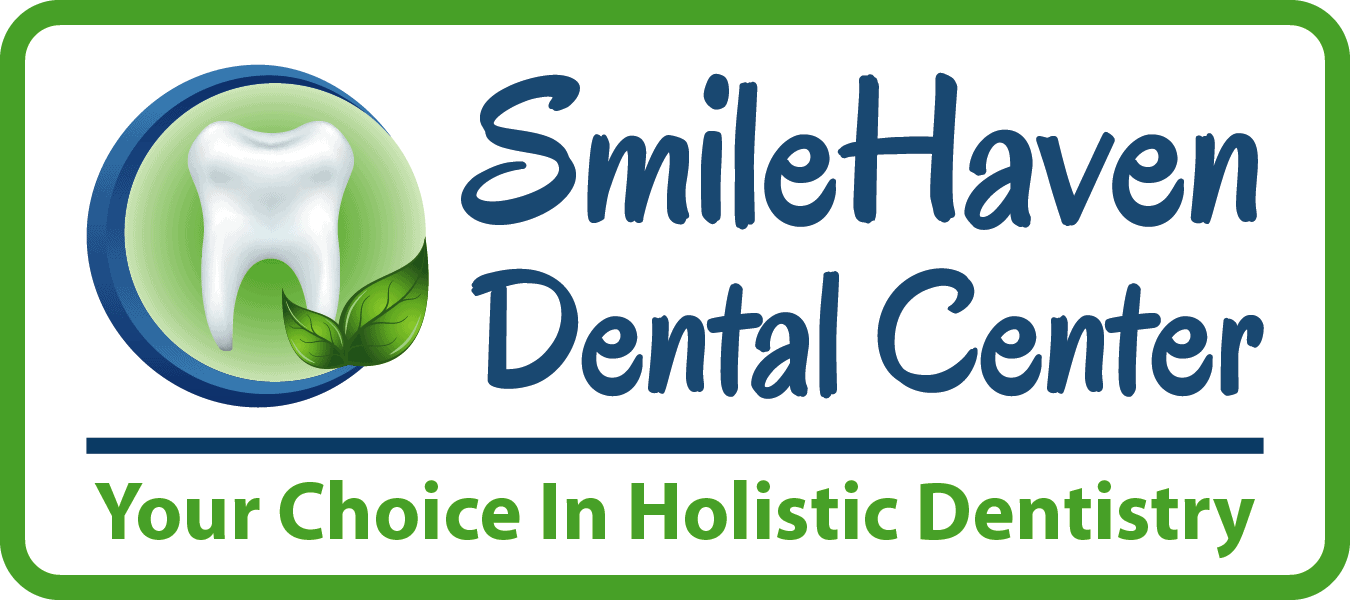A common and rapidly growing problem among dental patients today is Dry Mouth or Xerostomia. Some experts say that dry mouth is reported by 17% to 29% of the population and this figure increases to 40% of the population over the age of 55. We often overlook this condition easily during a dental exam and if left untreated, it may eventually lead to tooth decay, gingivitis (gum inflammation) and a variety of oral infections.
Dry mouth can have a significant impact on a person’s quality of life. For this reason, dentists have to be vigilant in diagnosing dry mouth, and while eliminating the condition may not always be possible, dentists can help their patients manage their symptoms and improve their quality of life.
Absence of adequate saliva is what leads to dry mouth, as it is a vital component of such everyday processes as tasting, swallowing, speech and digestion. A reduction in salivary flow can happen from a number of reasons, but medication use is a major contributor. This is the most probable reason that dry mouth rates increases with age. There are about over 400 medications that can adversely affect saliva production including common classes as antihistamines, antidepressants, and antihypertensives. Other contributors are smoking, stress and anxiety. Additionally, many cancer patients who receive radiation treatments to the head and neck may suffer permanent loss of function in the salivary glands.
People who have dry mouth often complain of trouble in speaking or eating, discomfort in wearing their dentures, oral dryness or the feeling of burning tongue, remarkably less saliva, frothing saliva, cracking lip on the corners of the mouth, and having more teeth decay. Often, patients do not tell their dentist and visual signs are not always evident. So it is then the job of the dentist to proactively question patients to identify the sufferers and those at risk.
Helpful questions to ask are: Does your mouth feel dry or uncomfortable? Do you enjoy your food as well as you used to in terms of how it tastes like? Are you constantly thirsty that you feel like taking a sip of water often? Do you have trouble eating sometimes?
Common self-treatment measures and management of dry mouth is sipping on water and sucking on sugarless candy. This remedy provides short term relief only, however. Farther-reaching change and adjustment in lifestyle includes abstaining from alcohol and less spicy foods. The problem with this is that people will not be able to do this for a long time. A more ideal solution should be something that people can incorporate into their lifestyle for the rest of their lives.
There are moisturizing mouth washes available in the market today that moisturizes (similar to what artificial tears can do for the dry eyes). A real popular one to use is Oasis mouthwash from GlaxoSmithKline. It is available in spray form as well. Products like this hydrate the mouth and trap in the moisture to prevent moisture loss for about two hours. People who suffer from dry mouth think this type of product is effective compared to merely sipping water constantly.
The prevalence of dry mouth may likely increase as the aging population continues to grow. Dentists can help their patients prevent more serious oral health problems by helping them identify early signs of dry mouth during routine dental exams.
For questions, please call 619-464-2801 for an appointment. We are located on 4700 Spring St., Suite 210, La Mesa, Ca. 91941.

